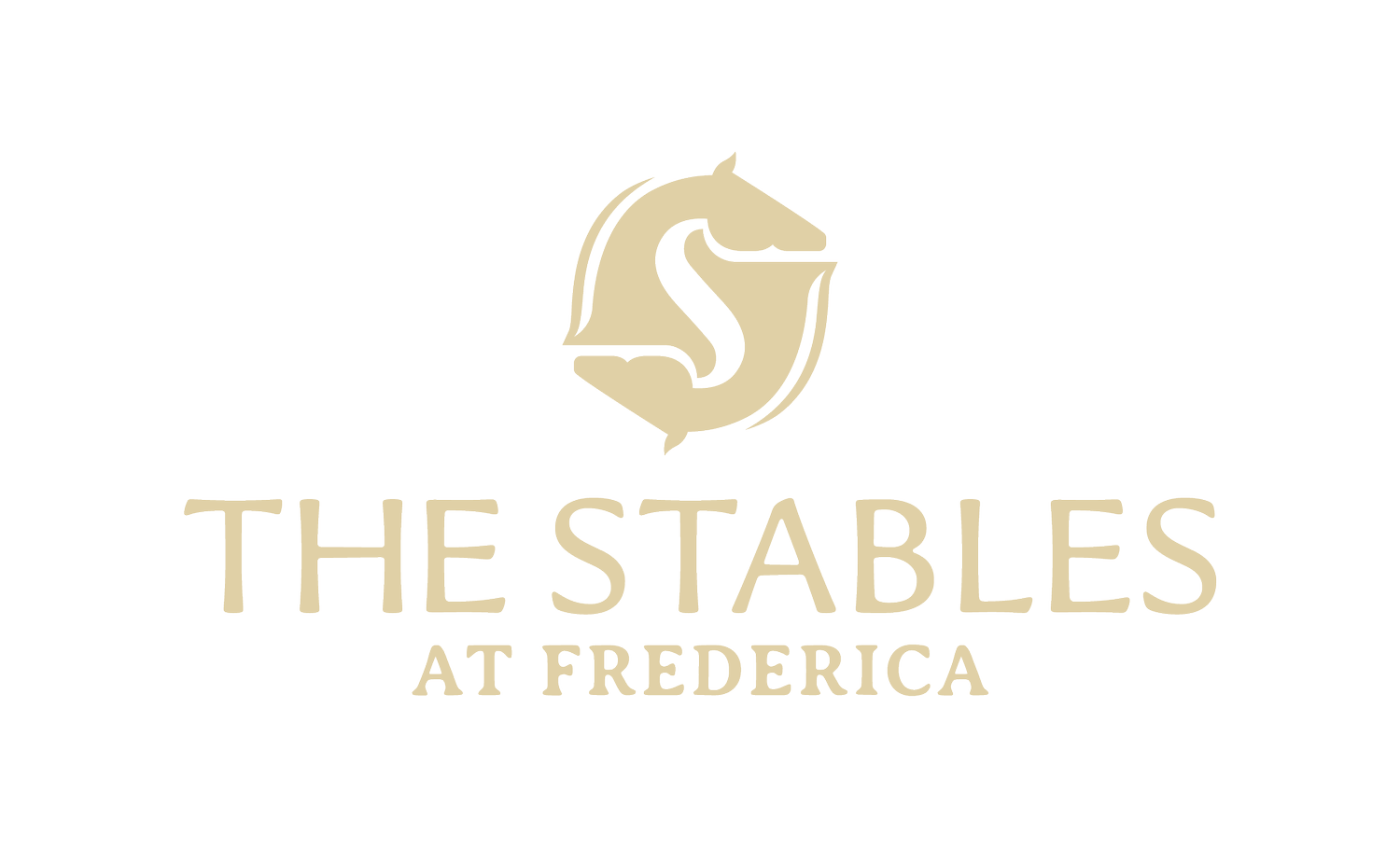I am not an extremely superstitious person, although I do abide by a few. I knock on wood religiously. One blue eye in a horse gives me pause, two blue eyes and I'm praying I survive the ride. However, after a career as a hotelier and now as a full-time horse person, the superstition that I most believe in is the power of the full moon to bring on the crazy.
This past full moon was no exception. Three good dogs (the only kind there are) that I knew had to be put to sleep unexpectedly by their owners, and one of my own horses gave me a colic scare. I am no stranger to colic, as with 57 horses on the property, 27 of which are owned by the barn, we have a few colics a year. Over the last few years I have definitely started to learn a few things about these situations that help make them easier to manage.
The first thing I have learned about colic is to expect it. Colic is one of the most common ailments horses suffer from, and can also be fatal. I feed coastal Bermuda hay, which many vets will testify is asking for impaction colics, although I'm not sure I agree. Coastal is the most readily available hay in the southeast, and when fed responsibly I am not concerned about impactions any more than I am any other type of hay. Despite that, horses colic, and rarely can a vet give me a good understanding of why that particular episode occurs.
Once I know to expect a colic at some point in a horse's life, I also want to already know what my plans are in those situations. I cannot stress this enough: when you buy a horse, make the decision whether or not it is a surgical candidate. This decision can be revisited as often as you like, but do not wait until it is 3am at the hospital with your distraught child/spouse/whoever to decide if you want to sink $7k or more into colic surgery. With as many horses as the Stables owns I maintain a list with three columns: horse name, yes, and no. I have several factors that decide if a horse is a surgery candidate, such as age, overall health, and likely ability to withstand the recuperation process. I also know that finances can tip my decision one way or another, as the financial strain of surgery is immense.
That being said, my first reaction as this particular horse began to show signs of colic was that he was not a surgical candidate. He was older (or so I thought), had on and off lameness issues that kept us out of the saddle for over a year, which made me concerned for the quality of life after a surgery. However, as I looked into his Coggins, I realized he was only 14, very young for our horses. At that point I made the decision that this horse could still lead a very useful life, and so down to University of Florida we went! The list isn't always right, and sometimes we have to be willing to alter even our contingency plans. I am glad, however, that I was able to keep a clearer head knowing that I had already put a decent amount of thought into the future of this horse, as well as others of mine.
I must be honest, once I made the decision that we were headed to UF (at 10:30pm no less, knowing that I needed to be back at the barn by 8am), I'm glad I did. I'm not terribly superstitious, but it had been a rough full-moon day, and I felt like getting my horse to a place that had additional resources was the safest way to circumvent whatever mojo had befallen that day. It is good to have backup plans, but sometimes your gut reaction is the one to trust!

